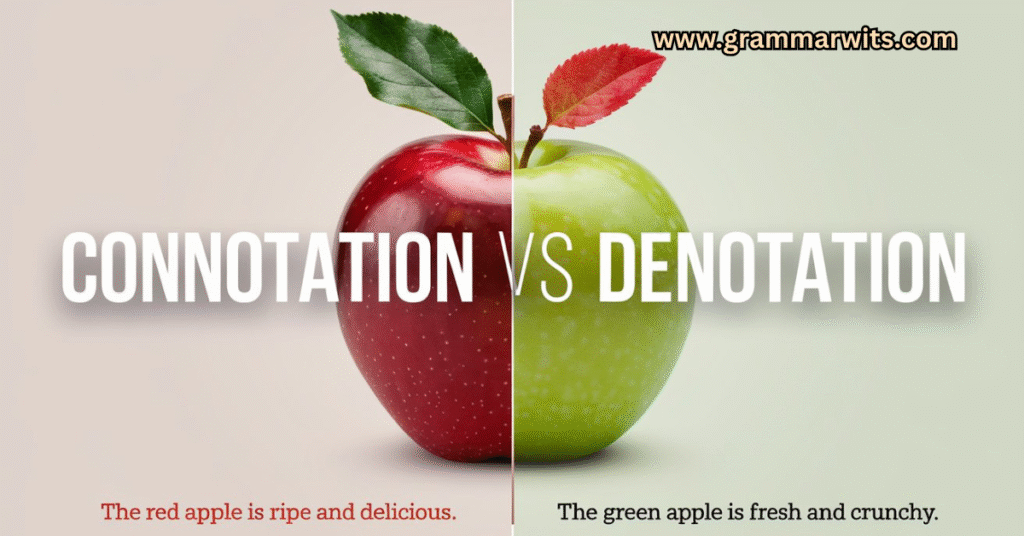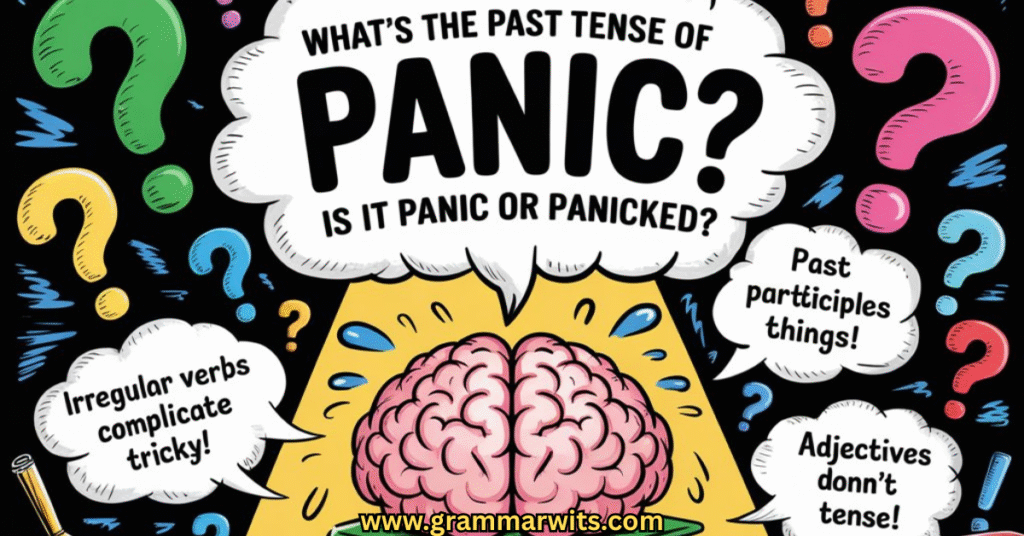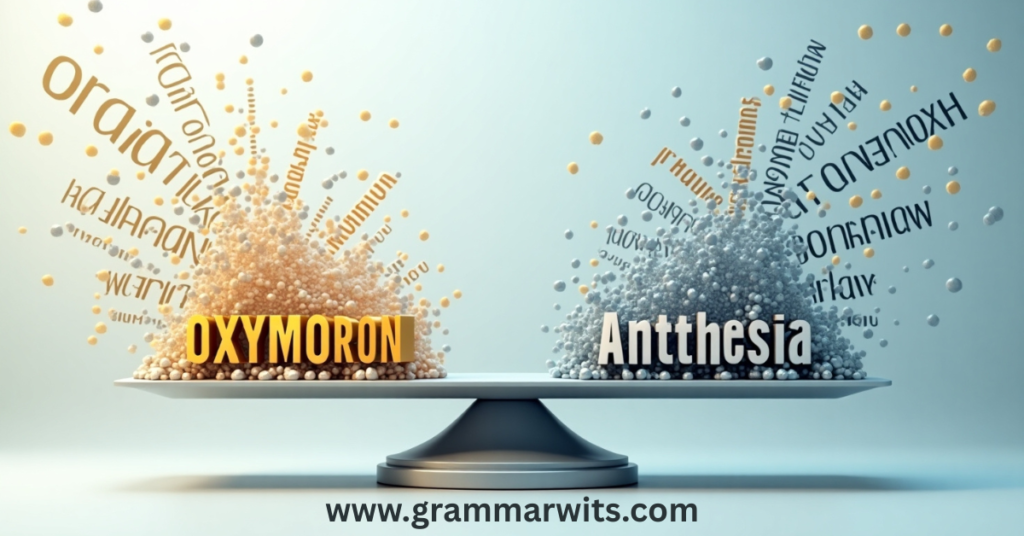GRAMMAR WITS

GRAMMAR
What’s the Plural of Syllabus? Syllabuses or Syllabi?
A syllabus is a structured document provided to students at the beginning of a course, outlining the essential components of...

GRAMMAR
Connotation vs Denotation: Definitions, Differences, and Examples
Understanding connotation vs denotation is crucial for anyone looking to master communication, whether in writing, speaking, or everyday conversation. Denotation...

GRAMMAR
Full Time or Full-Time: What’s the Right Way to Write It?
“Full Time or Full-Time” refers to two forms of the same phrase that serve different grammatical roles. “Full time” without...

GRAMMAR
What is the Past Tense of Panic? Is it Panic or Panicked?
The phrase “What is the past tense of panic” refers to the grammatical transformation of the verb panic when expressing...

GRAMMAR
High Quality or High-Quality: Which One Is Correct?
The phrase “High Quality or High-Quality” may look similar at first glance, but its correct use plays a vital role...

GRAMMAR
Since vs Sense: Understanding When to Use Each Word
The phrase “Since vs Sense: When to Use Each Word” refers to understanding the difference between two commonly confused English...

GRAMMAR
Oxymoron vs Antithesis: What’s the difference?
Oxymoron and antithesis are both powerful rhetorical devices used to create contrast, emphasize ideas, and add dramatic flair to writing....

GRAMMAR
Arised or Arose: What’s the Correct Past Tense of Arise?
Introduction: The Arise Dilemma Arised or Arose Correct Past Tense of Arise refers to the grammatical clarification between two forms...

GRAMMAR
Feal vs Feel: Which One Should You Use?
Have you ever stumbled across the word “feal” while reading older texts and wondered if it was simply a misspelling...

GRAMMAR
Long Term or Long-Term: What’s the Right Choice in Writing?
The phrase “long term or long-term” refers to two grammatically correct but contextually distinct expressions. “Long term” without a hyphen...




